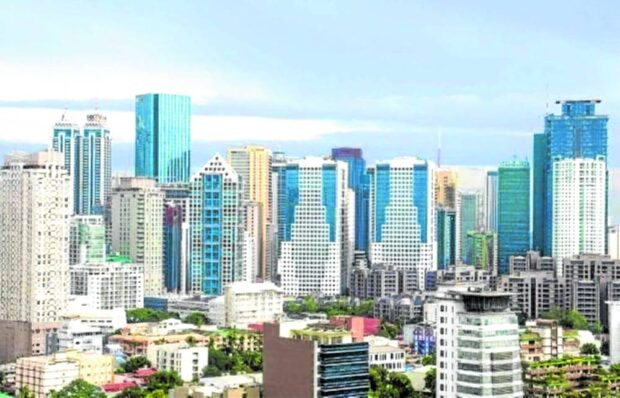Overseas workers should invest in real estate
For many of our overseas Filipino workers (OFWs), the idea of investing in real estate is more than just a financial venture. It’s a way to build a tangible connection to their roots, create a foundation for their families, and secure a future beyond their years of labor abroad. This article explores the opportunities and advantages of OFWs investing in real estate, focusing on the financial benefits, personal fulfillment, and the potential for a more comfortable retirement.
Financial investment
Investing in real estate can be a savvy financial move. The current property market, characterized by appreciating property values and flexible payment terms, presents a lucrative opportunity. Asset classes such as condominiums and house and lot packages provide the potential for long-term property appreciation. Additionally, rental income from these investments can yield a reliable source of passive income, helping cover family expenses, fund education, and support a secure retirement. Ultimately it can reduce the OFW’s dependence on constantly looking for a job overseas.
Diversification
For savvy OFWs, diversifying one’s investment portfolio across various asset classes, including real estate, is a prudent strategy to mitigate risks. Real estate is renowned for its stability and long-term potential, acting as a hedge against the volatility of financial markets. By investing in property, they can achieve greater diversification in their investment portfolio.
Personal fulfillment
Investing in real estate can be emotionally fulfilling and establish a tangible link to one’s roots. It’s a way to contribute to the development and growth of the local community and to give back to the motherland, a rewarding experience on a personal level.
Retirement planning
With geopolitical uncertainties (Russia-Ukraine War, Middle East conflict, Israel-Palestine war, etc.) that OFWs often face in their host countries regarding long-term residency and employment, owning property in the Philippines can serve as a robust retirement plan. A home or property can provide a secure place to return to, alleviating concerns about financial insecurity in retirement.
Opportunities for family and community
Investing in real estate not only benefits our migrant workers but also opens doors for their families, creating housing and business opportunities. It enables loved ones to achieve their financial goals, whether by providing a home, launching a small business, or contributing to community development.
Potential tax benefits
Many countries, including the Philippines, offer tax incentives and favorable terms for real estate investments, particularly for overseas citizens returning to invest. These incentives enhance the financial attractiveness of such investments.
While the benefits of investing in Philippine real estate are compelling, it’s essential to consider the challenges and potential drawbacks:
Asset management by remote control
Overseas property management can be challenging, especially when you are physically absent. It’s vital to establish reliable partnerships with credible property management services. In Manila, there are now a resurgence of boutique property management companies that you can tap.
Market volatility
Though the country has weathered many economic upheavals, real estate markets can still be influenced by various factors, such as inflation, rising interest rates and political stability. Thorough research and due diligence in identifying the right brand and asset to invest in are crucial before making your most important investment.
Legal and regulatory complexities
The Philippines has specific laws and regulations governing property ownership and transactions. Many of these laws favor OFWs investing in real estate. Seeking legal advice is advisable to navigate these complexities.
In conclusion, for overseas workers, investing in real estate in the Philippines is an opportunity to make a tangible and lasting impact. It provides financial security, personal fulfillment, and the chance to create a meaningful link to one’s roots. However, like any investment, it’s essential to approach it with careful planning, thorough research, and the support of professionals to maximize the benefits and minimize the risks. Investing in sought-after asset classes like condominiums and houses is not just about acquiring property; it’s about building a bridge to a secure, fulfilling, and connected future.




